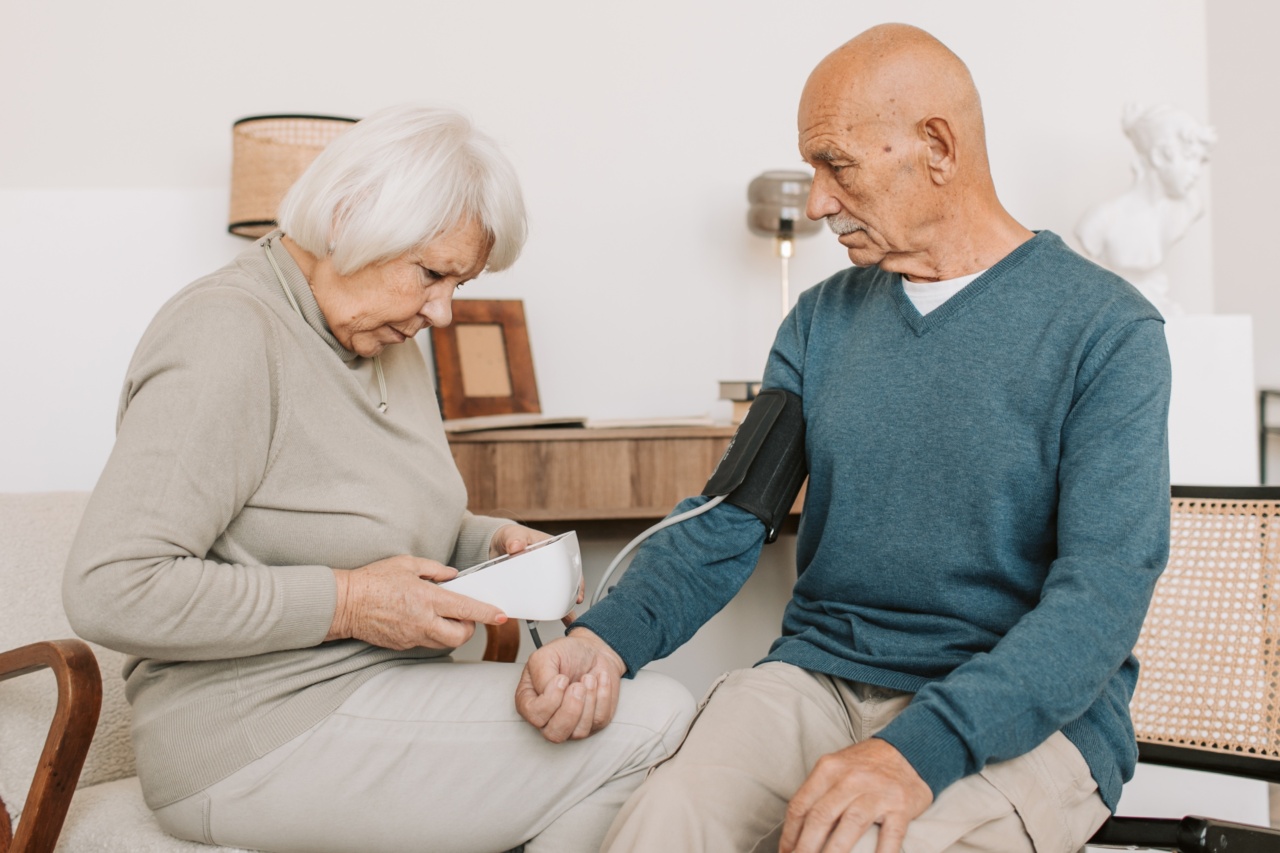Bone density refers to how strong and dense your bones are. When you have low bone density, also known as osteopenia, you are at an increased risk for fractures and breaks.
But, did you know that low bone density has been linked to serious illnesses as well? In this article, we will explore the link and the impact low bone density can have on your overall health.
What is Low Bone Density?
Low bone density occurs when your bones lose mineral content and mass, causing them to become weaker and more fragile over time. As a result, your risk of fractures and breaks increases.
Osteoporosis, a condition in which bone density is severely compromised, is a common problem in older adults, especially women.
According to the National Osteoporosis Foundation, osteoporosis affects 54 million Americans, with one in two women and one in four men over the age of 50 experiencing an osteoporosis-related fracture in their lifetime.
The Link Between Low Bone Density and Serious Illness
Recent research has revealed that low bone density is not just a problem on its own, but can also be a warning sign or precursor to other serious illnesses. Here are some illnesses that have been linked to low bone density:.
Cardiovascular Disease
A study published in the Journal of Bone and Mineral Research found that postmenopausal women who had lower bone density also had a higher risk of developing cardiovascular disease.
The study found that lower bone density was associated with higher rates of hypertension, diabetes, and high cholesterol, all of which are known risk factors for cardiovascular issues.
Cancer
A study published in the journal Cancer Epidemiology, Biomarkers and Prevention found that women with osteoporosis, a severe form of low bone density, had a higher risk of developing breast cancer.
The link between low bone density and breast cancer may be due to the fact that both conditions are related to hormone levels in the body.
Alzheimer’s Disease
A study published in the Journal of Alzheimer’s Disease found that people with low bone density are at a higher risk of developing Alzheimer’s disease.
The study found that people with lower bone density had higher levels of a protein linked to Alzheimer’s disease in their spinal fluid.
Diabetes
A study published in the journal Osteoporosis International found that people with type 2 diabetes have lower bone density compared to people without diabetes. The study found that people with type 2 diabetes had a higher rate of fractures as well.
Rheumatoid Arthritis
Low bone density is a common problem in people with rheumatoid arthritis. According to the Arthritis Foundation, people with rheumatoid arthritis have a higher risk of developing osteoporosis, which can increase their risk of fractures and breaks.
Chronic Kidney Disease
Chronic kidney disease has been linked to low bone density, with people in advanced stages of the disease at the highest risk.
The kidneys play a vital role in regulating the balance of calcium and phosphorus in the body, which is crucial for bone health. When the kidneys can no longer perform this function properly, it can lead to low bone density and a higher risk of fractures.
What Can You Do?
If you have low bone density, it is essential to take steps to improve your bone health and reduce your risk of fractures. Here are some things you can do:.
- Eat a diet rich in calcium and vitamin D, both of which are essential for bone health.
- Engage in weight-bearing exercises, such as walking, jogging, or dancing, to help build and maintain bone density.
- Avoid smoking and excess alcohol consumption, both of which can weaken your bones over time.
- If you have a medical condition that increases your risk of low bone density, talk to your doctor about screening tests or treatments that may be available.
In summary, low bone density is not just a problem on its own, but can also be a warning sign for other serious illnesses.
By taking steps to improve your bone health, you can reduce your risk of fractures and potentially prevent other health issues as well.





























